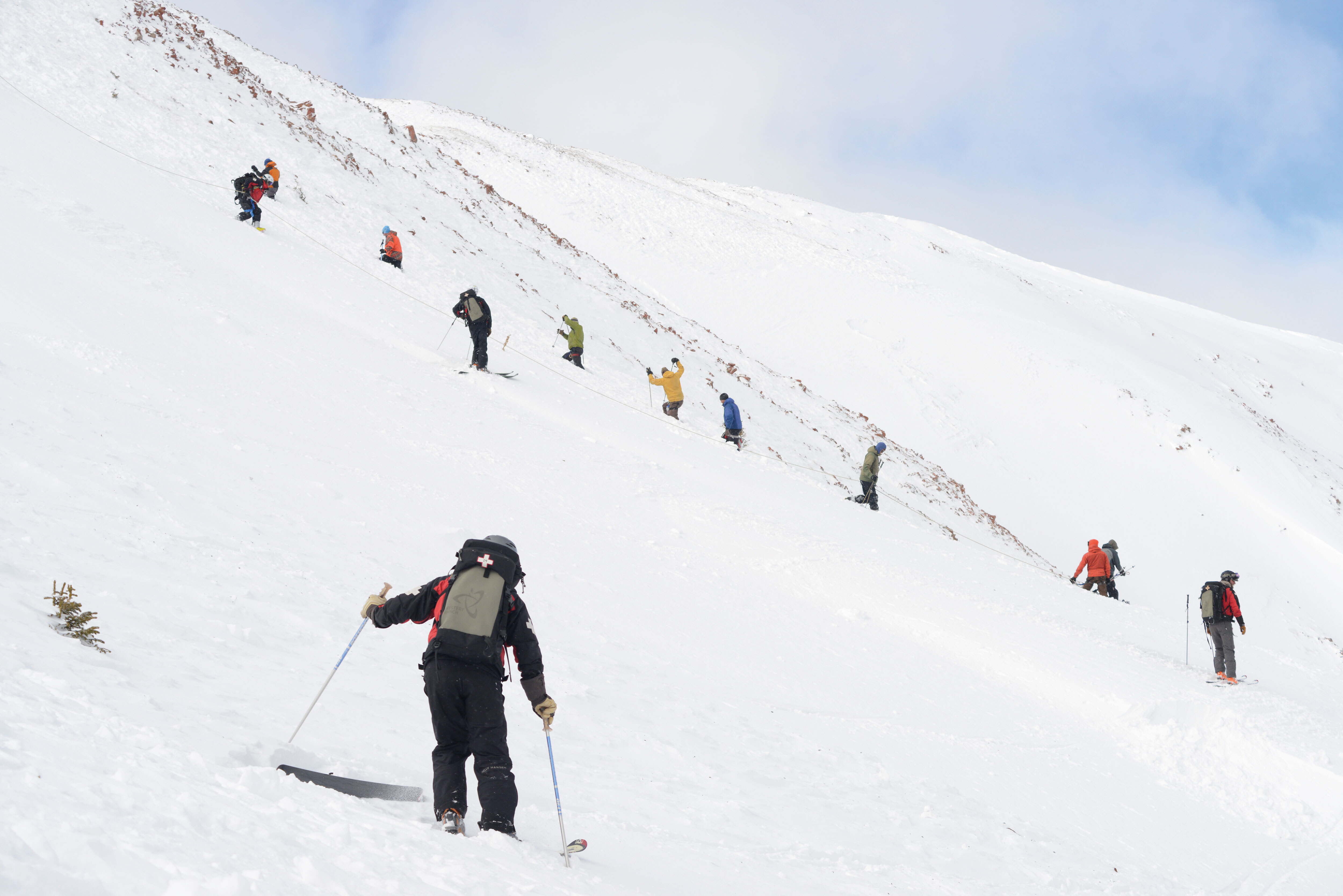Local Birds, By the Numbers
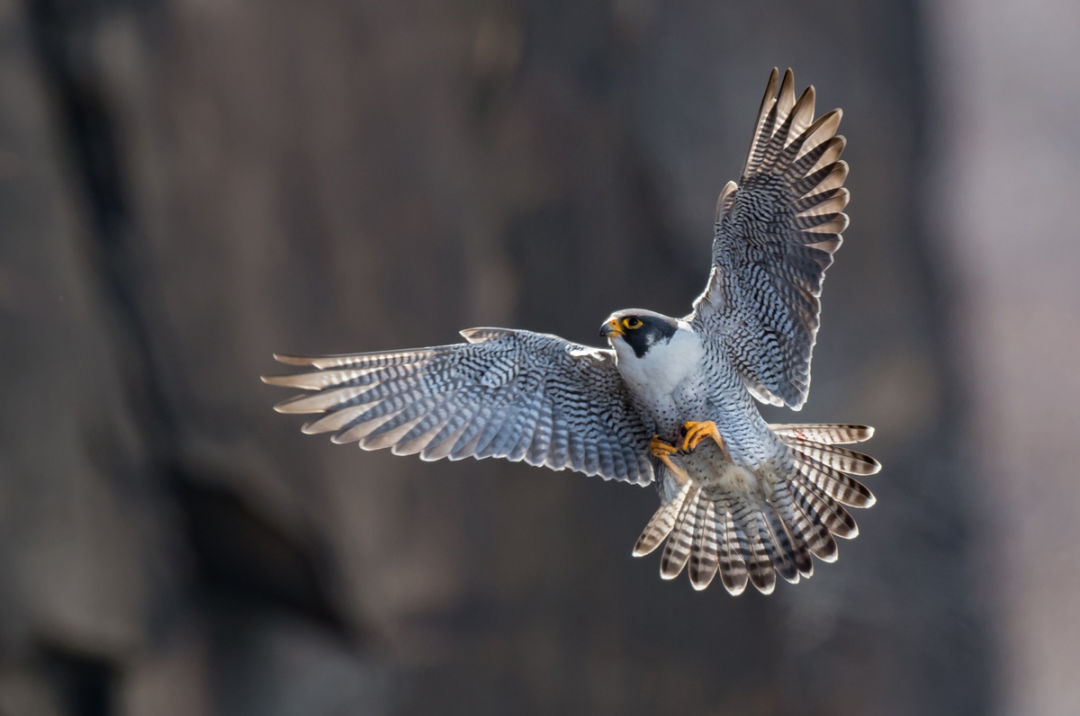
Peregrine falcon
Image: Shutterstock
Aspen and its environs are atwitter with feathered friends this time of year; their dulcet calls are hard to miss, of course, but dive deeper into avian culture, and you’ll unearth a slew of intriguing facts. Find the figures given here, and much more to consider, in the recent book Birds of Aspen and the Roaring Fork Valley, by Rebecca Weiss, with photography by Mark Fuller.
155
species of birds covered in Weiss and Fuller’s book
8 x 42
the binocular magnification configuration preferred by birders
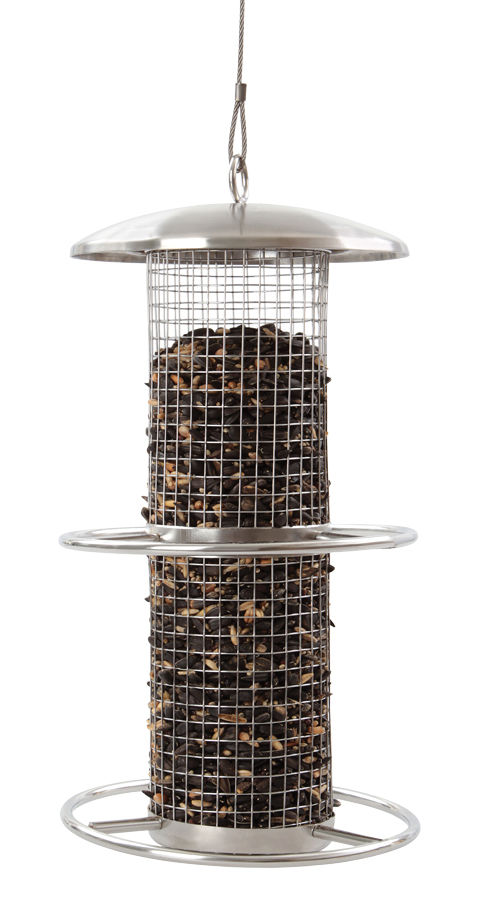
Image: Shutterstock
10
calories required daily by a mountain chickadee
60 miles per hour that the Wilson snipe can fly, thanks to massive flight muscles that make up a quarter of its body mass
2.5
miles that the distinctive bugle of the sandhill crane can carry
1
egg laid by a band-tailed pigeon in its nest each spring
2,000 mosquitoes consumed by a common nighthawk during a single feeding session
200+ miles per hour that a peregrine falcon can reach while diving on prey
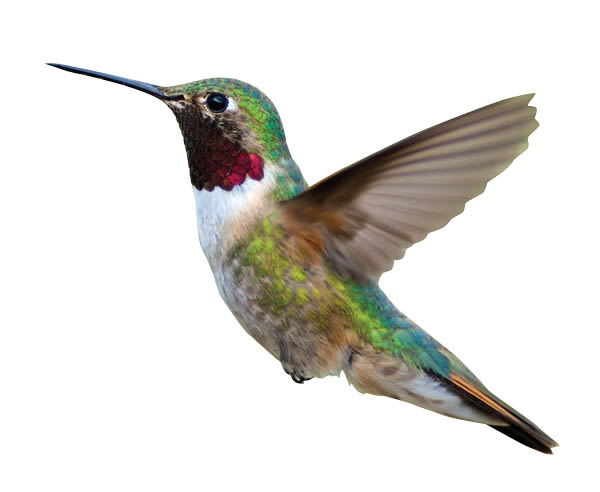
Hummingbird
Image: Shutterstock
1,250 beats per minute of a broad-tailed hummingbird’s heart rate during flight
30,000 piñon nuts cached annually by a Clark’s nutcracker
45 days it takes a nestling red crossbill to develop its unique, fully crossed bill
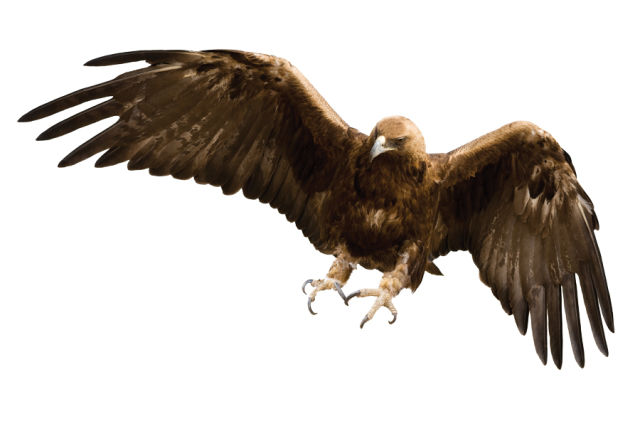
Golden eagle
Image: Shutterstock
400 pounds per square inch of crushing power in a golden eagle’s talons (10 times the grip strength of an adult human’s hand)
Flock to It
The Aspen Center for Environmental Studies offers birding opportunities throughout the summer, including weekly morning outings with Weiss at Hallam Lake and Rock Bottom Ranch; occasional mornings at North Star Nature Preserve (in cooperation with Pitkin County Open Space and Trails); and several Birding by Habitat classes led by Weiss and Fuller. aspennature.org
Roaring Fork Audubon offers field trips from May to August (some led by Fuller) in the Roaring Fork and Crystal River valleys and beyond, including several that venture farther away. roaringforkaudubon.org







